Lease administration refers to the process of managing and overseeing lease agreements to ensure all terms and conditions are followed. It involves tracking payments, maintaining accurate records, and monitoring compliance with lease clauses. For property managers, real estate investors, and tenants, lease administration is a crucial aspect of maintaining order and ensuring that the leasing process runs smoothly.
Effective lease administration is essential for optimizing property management and ensuring that both landlords and tenants fulfill their obligations. By staying on top of rent collection, common area maintenance (CAM) charges, and legal compliance, property owners can avoid disputes and costly mistakes. Similarly, tenants benefit from clear communication and adherence to lease terms, contributing to long-term satisfaction. In essence, lease administration ensures a harmonious relationship between all parties while maintaining the financial and operational health of the property.
In this article, we will cover the best practices in lease administration, focusing on strategies that improve efficiency, minimize risks, and ensure compliance with lease terms. We’ll highlight how using these practices can enhance overall property management and provide better financial outcomes.
Key Components of Effective Lease Administration

Lease Compliance
Staying compliant with the terms of a lease is fundamental for both property managers and tenants. Property managers must ensure tenants adhere to agreed-upon clauses, including rent payment schedules, maintenance responsibilities, and use restrictions. Non-compliance can lead to disputes and financial losses. On the other hand, tenants need assurance that landlords will meet their obligations regarding property upkeep, access, and repairs. Proper lease administration ensures that all parties remain in compliance and that any potential conflicts are resolved before they escalate.
Rent Collection and CAM Reconciliation
An integral part of managing leases is the accurate collection of rent and reconciliation of CAM expenses. Property managers need to ensure that rent payments are collected on time and are accurately tracked, while also managing additional charges such as CAM expenses, which cover the maintenance of shared spaces. Failure to properly manage rent collection or CAM charges can lead to financial discrepancies that negatively impact the property’s cash flow and tenant relationships.
Critical Dates Monitoring
One of the most critical aspects of lease administration is tracking key dates such as lease renewals, rent escalations, and lease expirations. Missing important deadlines can result in missed revenue opportunities or disputes. By implementing a reliable system to monitor these dates, property managers can ensure that leases are renewed on time, rent increases are applied as necessary, and no critical deadlines are overlooked.
Lease Audits
Regular lease audits are essential to verify that all lease details are accurate and that financial and legal obligations are being met. Audits help identify any discrepancies in lease terms, payment schedules, or tenant responsibilities. Conducting periodic reviews of lease agreements ensures that both the property owner and tenants remain aligned with their commitments and that any errors are corrected before they lead to larger issues.
Best Practices for Lease Administration

Utilizing Technology Solutions
The use of technology in lease management has revolutionized the process by providing tools that automate many tasks, including payment tracking, document management, and critical date monitoring. Lease administration software not only enhances efficiency but also reduces the likelihood of human error. These systems help property managers maintain a real-time overview of their portfolio, ensuring that lease terms are upheld, payments are collected on time, and critical dates are never missed.
Effective Data Management
Accurate record-keeping is essential in lease administration. Property managers need to maintain comprehensive records of all lease agreements, amendments, payment histories, and correspondence with tenants. Ensuring that this data is updated regularly and stored securely allows property managers to quickly access information when needed and prevents miscommunication or lost documentation.
Regular Lease Audits and Reviews
Conducting periodic lease audits helps property managers stay on top of their lease agreements and ensures compliance with legal and financial obligations. Audits can uncover errors in rent collection, CAM reconciliation, or tenant responsibilities. By reviewing leases regularly, property managers can catch potential issues early and take corrective actions to avoid future disputes or financial losses.
Collaboration with Legal and Financial Experts
Leases can be complex, particularly for commercial properties with multiple tenants or detailed financial arrangements. Collaborating with legal and financial professionals can help ensure that lease terms are compliant with local laws and accurately reflect the property owner’s intentions. These experts can also assist in navigating complex lease clauses, handling disputes, and ensuring that all parties meet their financial and legal obligations.
Challenges in Lease Administration

Data Inaccuracies and Mismanagement
One of the most common challenges in lease administration is the risk of inaccurate data. Errors in lease records, payment histories, or tenant details can lead to financial discrepancies and disputes. Maintaining accurate and up-to-date information is crucial for avoiding costly mistakes. Using reliable technology solutions and regularly auditing data can help mitigate this challenge.
Tenant Disputes and Communication Gaps
Poor communication between property managers and tenants can result in misunderstandings, missed payments, or failure to comply with lease terms. Clear and consistent communication is key to ensuring that all parties understand their responsibilities and can resolve issues quickly. Establishing open channels for tenant inquiries and concerns can help prevent disputes.
Lease Complexity and Regulatory Changes
Lease agreements are often complex documents that can be difficult to navigate. Additionally, evolving regulations in the real estate industry can further complicate the management of leases. Property managers must stay informed about changes in local laws and ensure that their lease agreements are updated accordingly to avoid legal issues.
Benefits of Following Best Practices

Operational Efficiency
By adhering to best practices in lease administration, property managers can streamline their operations, reducing the time spent on manual tasks and improving the accuracy of their processes. Automated systems for tracking payments and monitoring key dates lead to more efficient management and fewer errors.
Risk Mitigation
Proactively addressing potential risks, such as ambiguous lease terms or missed deadlines, helps property managers avoid legal disputes and financial losses. Regular lease audits, collaboration with legal experts, and a structured approach to compliance help mitigate risks and ensure smooth lease operations.
Financial Performance
Effective lease administration contributes to better financial performance by improving rent collection processes, accurately reconciling CAM charges, and ensuring that all financial obligations are met. By reducing errors and maximizing rent collection, property owners can improve their cash flow and forecast future income more effectively.
Tenant Satisfaction
Efficient lease administration creates transparency and trust between property managers and tenants. When tenants are confident that lease terms are being upheld and that their concerns are addressed promptly, they are more likely to remain satisfied, leading to higher tenant retention and fewer vacancies.
Success Stories

Improved Efficiency Through Technology
A commercial real estate management company implemented a lease administration software system to manage its portfolio of properties. The company was able to automate rent collection, track critical dates, and conduct regular lease audits. As a result, they saw a significant reduction in errors and tenant disputes, leading to increased operational efficiency and tenant satisfaction.
In contrast, a property owner who neglected regular lease audits and failed to track critical dates faced costly legal disputes with tenants. Overlooked rent escalations and missing lease renewal deadlines resulted in financial losses and strained tenant relationships. This situation highlights the importance of staying proactive in lease management.
Frequently Asked Questions
Question: What is the primary function of lease administration?
Answer: Lease administration ensures that lease terms are followed, rent is collected on time, and key dates such as renewals and expirations are monitored.
Question: How can lease audits prevent risks?
Answer: Lease audits identify discrepancies in lease agreements and payment schedules, allowing property managers to address issues before they escalate into legal disputes.
Question: Why is tracking critical dates important in lease management?
Answer: Tracking key dates such as lease renewals and rent escalations ensures that property managers stay on top of financial obligations and avoid missed opportunities or penalties.
Final Thoughts
Following best practices in lease administration is essential for optimizing property management and mitigating risks. By utilizing technology solutions, maintaining accurate data, conducting regular audits, and collaborating with legal experts, property managers can ensure smoother operations and better financial outcomes. Implementing these strategies leads to improved tenant satisfaction and long-term asset value.
For property managers looking to streamline their lease administration processes and enhance overall management efficiency, contact us today to learn how our professional lease administration services can help maximize your real estate investment.



